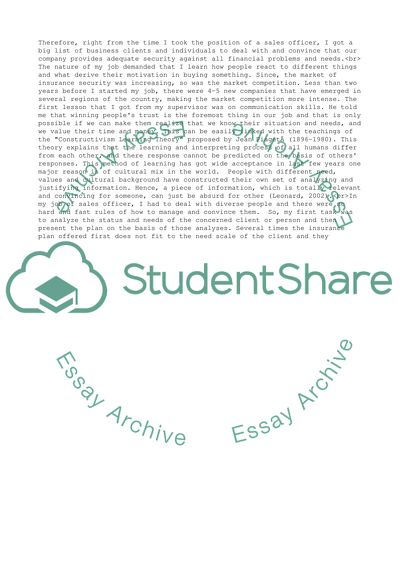Cite this document
(Reflecting report Essay Example | Topics and Well Written Essays - 2750 words, n.d.)
Reflecting report Essay Example | Topics and Well Written Essays - 2750 words. https://studentshare.org/management/1798136-reflecting-report
Reflecting report Essay Example | Topics and Well Written Essays - 2750 words. https://studentshare.org/management/1798136-reflecting-report
(Reflecting Report Essay Example | Topics and Well Written Essays - 2750 Words)
Reflecting Report Essay Example | Topics and Well Written Essays - 2750 Words. https://studentshare.org/management/1798136-reflecting-report.
Reflecting Report Essay Example | Topics and Well Written Essays - 2750 Words. https://studentshare.org/management/1798136-reflecting-report.
“Reflecting Report Essay Example | Topics and Well Written Essays - 2750 Words”. https://studentshare.org/management/1798136-reflecting-report.


